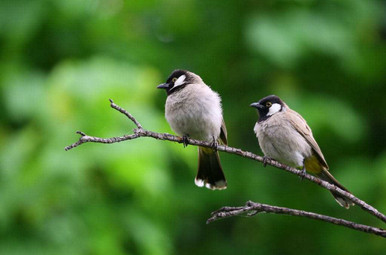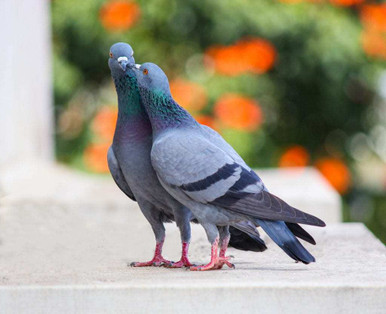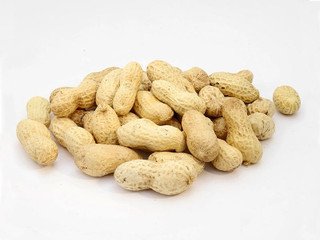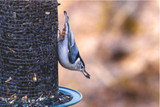Why Do Birds Sing?
The dawn chorus is a truly wonderful thing. Written about and romanticised for generations, it is often the best thing about waking up.
But why do birds sing? And what do all the different chirrups mean?
Let's find out!
Why Do Birds Sing?
Essentially, birds use a mixture of songs and calls to communicate with other birds.
More often than not, birds sing most frequently in the morning.
Male birds are mainly responsible for the dawn chorus. They are trying to attract a mate and also warn potential rivals to stay away from their patch.
And, in true natural selection style, the birds with the best food supply and the warmest nests have the most energy to sing loud and long so are more likely to attract a mate.

Why Do Birds Sing In The Morning?
The dawn chorus is usually loudest for the 30 minutes either side of sunrise.
It is too dark to hunt for food and still not light enough for predators to spot a singing bird.
One theory is that the air is also more still in the morning, making it carry sound better. Not to mention everywhere being quieter.
You can hear the dawn chorus between March and July, but it really peaks in May and June. After that, birds are much too busy caring for their young to sing as much.
Where Do Birds Sing Most?
That depends on the species of bird. For example, Buntings and Skylarks tend to sing whilst flying, or ‘on the wing’. They will only sing a quiet song around their nests.
Generally speaking, it is the males who sing. Often they choose a high part of their patch and let rip.
However, in some species, the females sing too. Robins, tawny owls, dotterels and red-necked phalaropes are all examples.
How Do Birds Sing?

Fact: Birds can harmonise with themselves!
Wow!
Whilst singing, a bird can alternate between which lung it uses to exhale. This allows it to harmonise with itself.
They also have a syrinx, which is a sort of double voice box. It lets birds create different sounds in different parts of the trachea, giving them that beautiful melody.
Want another fun fact?
Birds learn their songs. Fledgelings develop a ‘sub song’ that eventually becomes their own adult primary song.
Nightingales and Song Thrushes can have a handful of songs, whereas House Sparrows only have one.
Some species, such as Jays, Crows, and Starlings will mimic other birdsong and even mechanical and human noises.
What Sort of Noises Do Birds Make?
Birds will make a variety of different calls to communicate with their friends, prey, children, or mates.
A warning call is often short and loud. It is a sharp sound that can travel great distances. They make this noise when they feel threatened.
Cries for mum are often at a low frequency and can mainly be heard around the nest. It is a way for fledgelings to attract their mum’s attention and is usually accompanied by a wing flap or two. A bit like a toddler trying to get attention.
Birds will check in with each other too through calls. A strong call that sounds like a hum is not uncommon. It isn’t as strong as a warning call.

Enjoying The Birdsong
Birds sing mainly to communicate, attract a mate or ward off danger.
You can attract more birds to your garden with some quality bird food, like these premium quality peanuts for birds, sunflower seeds for birds, and squirrel proof feeders.
Feeding the birds around your garden with a top-quality wild bird feed means louder, more ample songs to enjoy.
Explore Popular Articles
-
Top 11 Yellow Birds in Britain and the UK to Attract in Your Garden
15th Dec 2025Yellow birds bring a splash of colour and cheer to any garden. Observing these birds can be both rel
-
Should You Feed Birds Every Day? A Complete Guide on Feeding Birds
15th Dec 2025At Kennedy Wild Bird Food, we believe that understanding how to care for garden birds is as importan
-
How Sunflower Seeds Can Improve Your Bird's Health
14th Jun 2024Birds are quite attracted towards sunflower seeds, but have you ever wondered about sunflower seeds'














